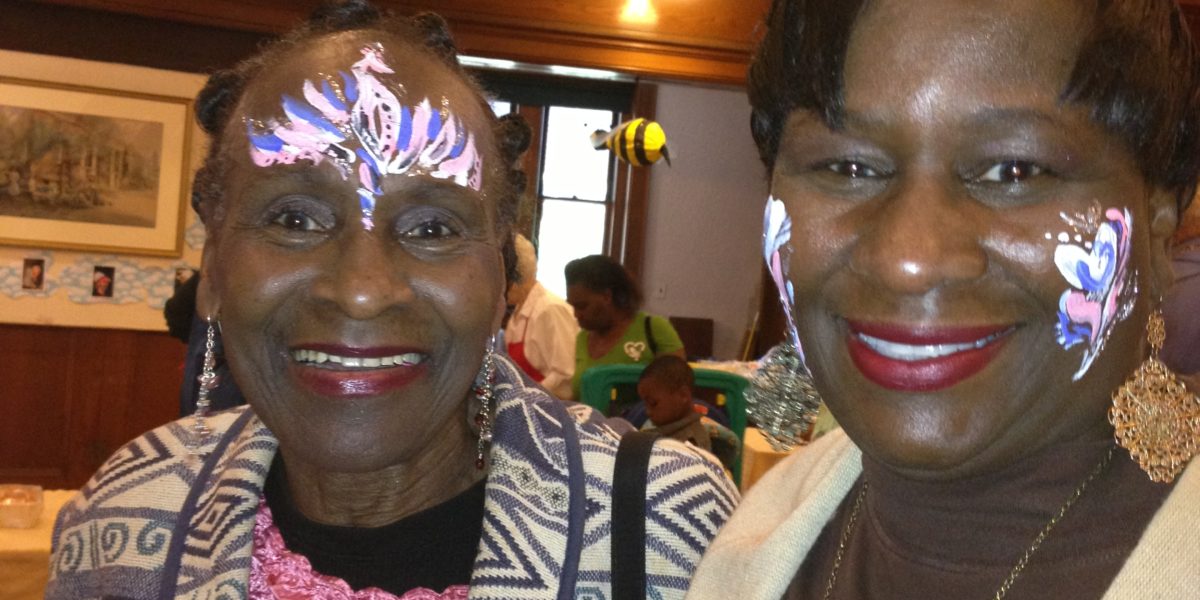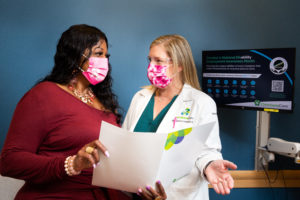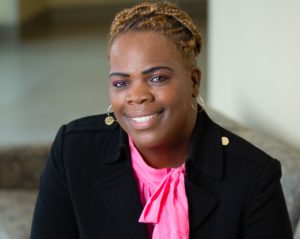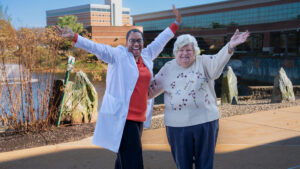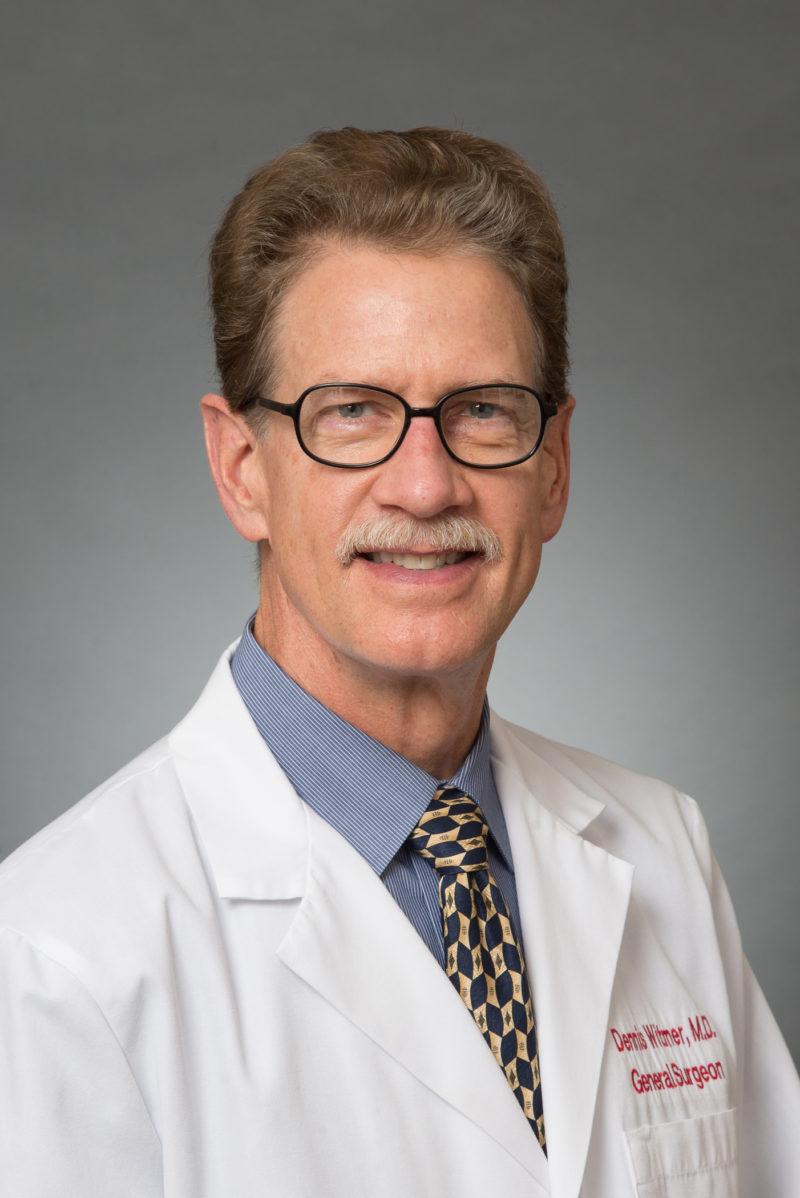
In January 2020, Della Williams received life-changing news: A routine mammogram showed a mass in her right breast.
The Wilmington resident immediately scheduled an appointment with Dennis Witmer, M.D., a breast surgeon at ChristianaCare’s Helen F. Graham Cancer Center & Research Institute.
A biopsy was positive for cancer. Not only did Williams grapple with the diagnosis, but she did so as the COVID-19 pandemic struck Delaware.
“We were really nervous and scared,” said Rochelle Ransom, Williams’ daughter.
Williams credits her health care team for helping her navigate treatment during the COVID-19 crisis. “I think they kept everyone as safe as they possibly could,” said Williams, who was 88 at the time of her diagnosis.
A Healthy Foundation
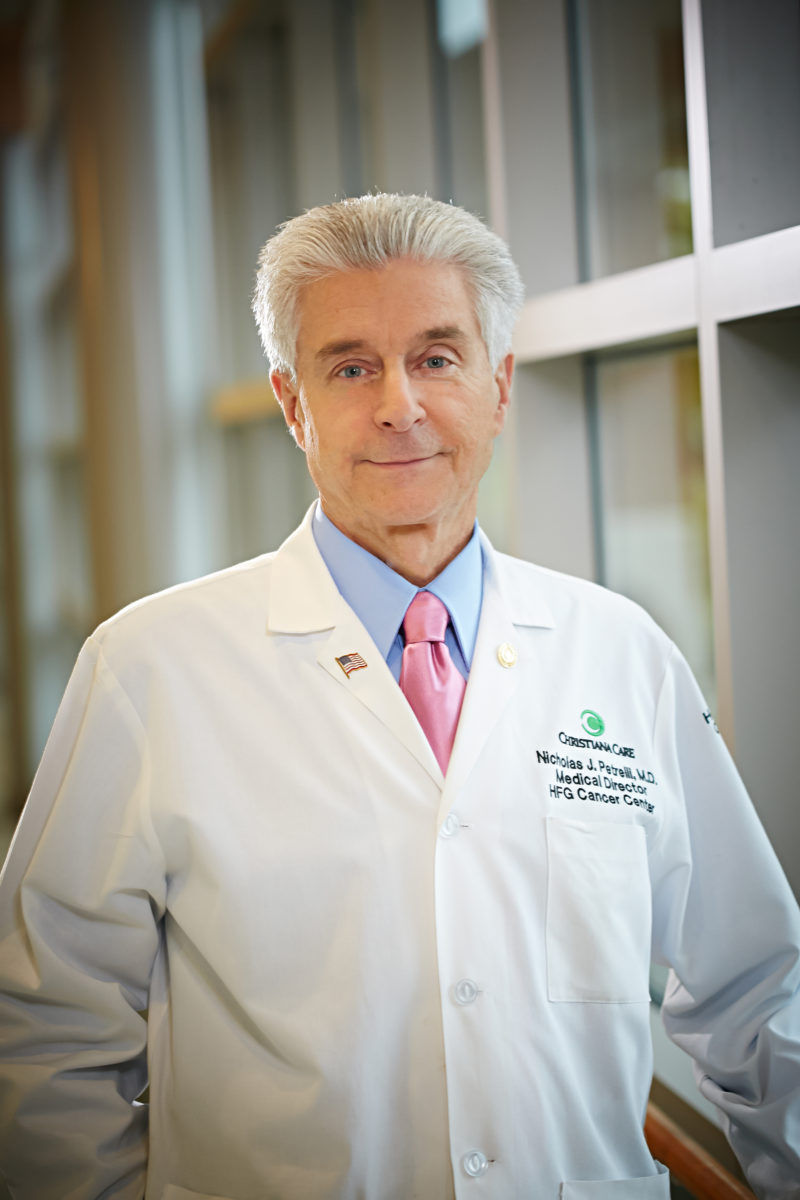
Before her diagnosis, Williams led a healthy lifestyle. She walked for exercise, ate little meat and did not drink alcohol. That is still the case.
She’s also stayed engaged with her community. For more than 40 years, Williams got up at 4:30 a.m. to deliver newspapers for The News Journal. When she retired just after turning 83, she was the newspaper’s longest-serving delivery carrier.
Likewise, she was a cook and meal planner in St. Mary Magdalen Catholic Church’s rectory for 40 years. In her 80s, she became “semi-retired” and worked up to 20 hours a week, Monday through Thursday.
Because cancer and age put her in a high-risk group for complications from the COVID-19 virus, she paused her work at the church.
Just Like Family
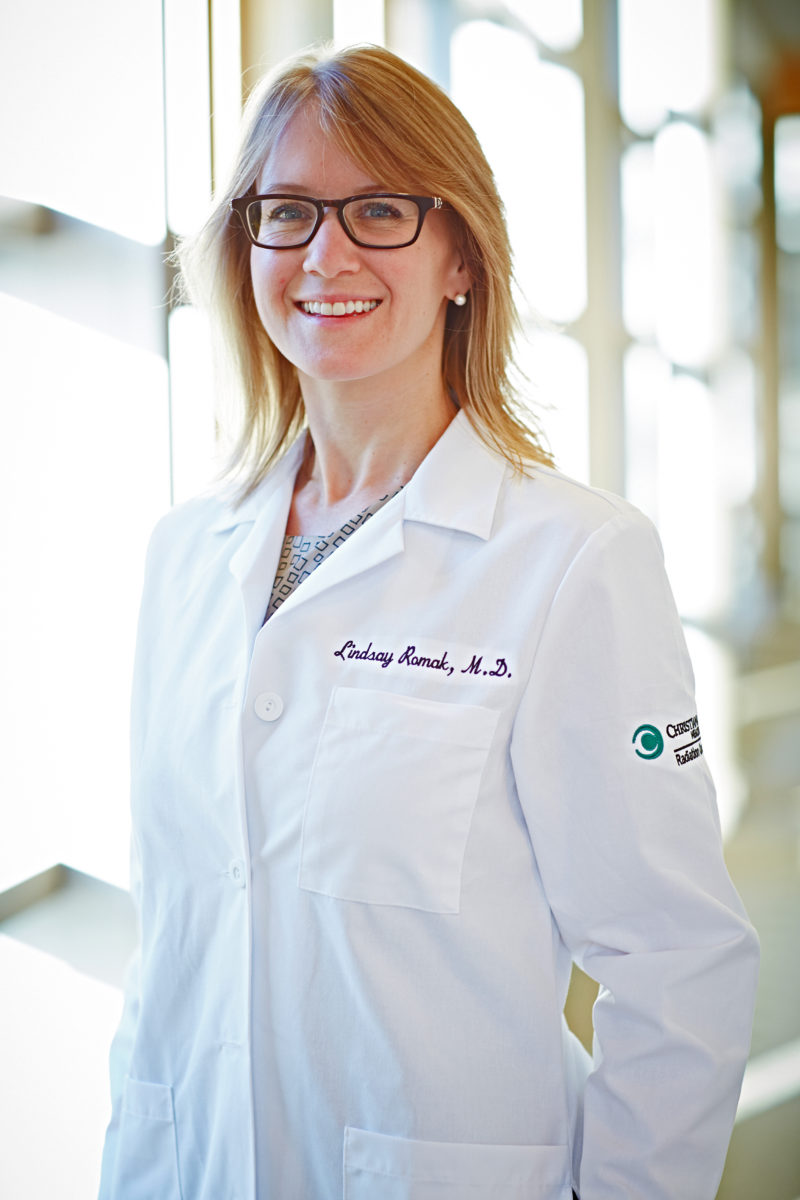
In February, Dr. Witmer scheduled Williams for a biopsy. When the test results were positive for cancer, Williams met with Lydia Clements, M.D., a hematologist and medical oncologist.
Williams had a lumpectomy, and Lindsay Romak, M.D., a radiation oncologist, recommended 16 radiation treatments.
During Williams’ morning appointments, the women often encountered Nicholas Petrelli, M.D., FACS, Bank of America endowed medical director of the Helen F. Graham Cancer Center and Research Institute
Although Dr. Petrelli did not know them, he always greeted them with warmth. “He would stop and ask us how we were doing. ‘How’s everything?’” Ransom recalled. “For him to take the time to stop and do that — I thought it was touching.”
Her mother agreed. “It was. It really was. I thought it was wonderful.”
Today, Williams is cancer-free and takes anastrozole, an estrogen-lowering medicine. However, she’s decided to retire for good this time. Most would agree that she’s earned it.
Ransom praised the bedside manner of her mother’s physicians throughout the treatment. “They cared for my mom as though she were a family member,” Ransom said.
Dr. Romak was happy to hear it. “I try to treat every patient as I would want my husband, mother or child treated,” she said.
